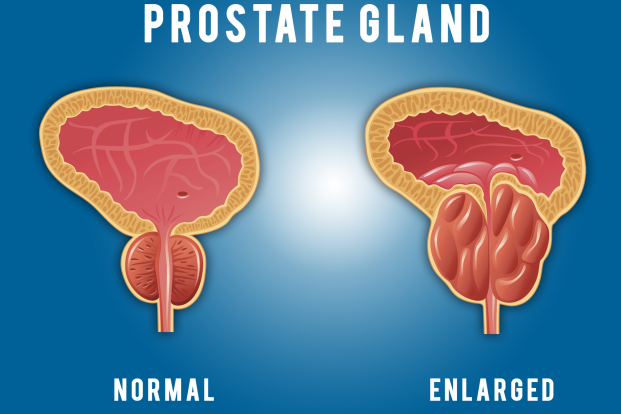What is the role of the prostate gland?
Apr 19, 2022
The prostate is a walnut-sized gland located between the bladder and the penis. The prostate is just in front of the rectum. The urethra runs through the center of the prostate, from the bladder to the penis, letting urine flow out of the body. It has man roles given below:

- The prostate secretes fluid that nourishes and protects sperm. During ejaculation, the prostate squeezes this fluid into the urethra, and it’s expelled with sperm as semen.
The vasa deferentia (singular: vas deferens) bring sperm from the testes to the seminal vesicles. The seminal vesicles contribute fluid to semen during ejaculation
- Prostate-specific antigen (PSA) is a fluid produced in the prostate, playing a key role in enabling the sperm to swim into the uterus by keeping the semen in liquid form. It counteracts the clotting enzyme in the seminal vesicle fluid, which essentially glues the semen to the woman’s cervix, next to the uterus entrance inside the vagina. PSA dissolves this glue with its own enzyme so that the sperm can dash into the uterus and impregnate an egg if it is there
- The prostate also filters and removes toxins for protection of the sperm, which enhances the chance of impregnation and ensures that men seed with the optimum quality of sperm. This is perhaps the prostate’s most important function and, at the same time, can be one of the main reasons there is a growing epidemic of prostate disease and cancer as men deal with more and more toxins in food and the environment
- The prostate, which surrounds the upper part of the urethra tube just below the bladder (the prostatic urethra), controls the flow of urine. It prevents urine from leaving the bladder, except when released by urination. It also prevents urine from damaging ejaculate during orgasm
- The prostate gland contains a crucial enzyme, 5-alpha-reductase. This enzyme converts the hormone testosterone in the body to DHT (dihydrotestosterone), which is at least ten times more powerful than simple testosterone. This potent hormone DHT has several purposes including male sexual drive and function. Over time, a build-up of toxins in the prostate may affect the production of this enzyme, which is then responsible for the declining sex drive in men as they age
Prostrate glands can get affected and problems may manifest as: Prostatis, enlarged prostate and in adverse cases as prostate cancer.









